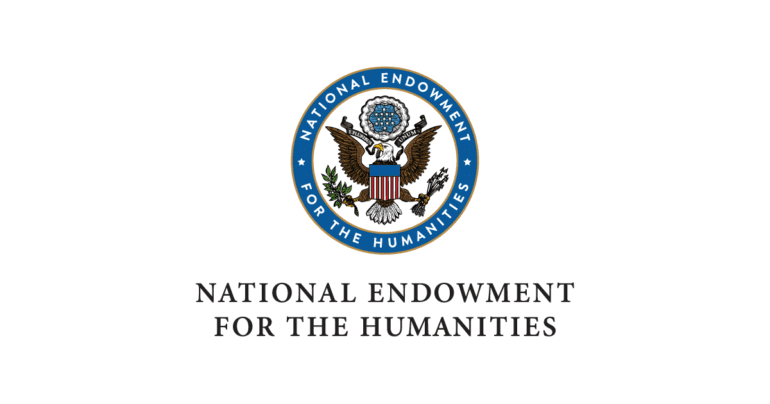TL;DR:
- Biden administration calls for AI legislation and regulation with a focus on ethics.
- NEH launches the “Humanities Perspectives on Artificial Intelligence” program.
- White House Executive Order outlines AI safety, privacy protection, and ethical use.
- NEH offers funding for humanities research centers, scholars, collaborative projects, and institutes.
- Promises to foster AI ethics research, international collaboration, and professional development.
Main AI News:
In a bid to harness the potential of artificial intelligence (AI) while upholding the highest ethical standards, the Biden administration has sounded the clarion call for comprehensive legislation and regulation of AI technologies. This visionary endeavor recognizes the paramount importance of ethics in the realm of AI, an imperative underscored by the profound impact of AI on our lives.
In the wake of this pivotal moment, the National Endowment for the Humanities (NEH) has taken a momentous step forward by launching an innovative funding program dedicated to the profound study of AI ethics. Under the White House Executive Order titled “Safe, Secure, and Trustworthy Artificial Intelligence,” a new paradigm for AI safety and security has been established, advocating for legislative measures to safeguard individual privacy in the face of emerging AI-related threats. Moreover, it emphasizes the need for rigorous regulations governing the ethical and responsible deployment of AI technologies.
Enter “Humanities Perspectives on Artificial Intelligence,” the NEH’s groundbreaking initiative aimed at catalyzing research endeavors that delve into the multifaceted ethical, legal, and societal dimensions of artificial intelligence. This program heralds a new era of exploration into the ethical conundrums and legal intricacies that AI presents.
For aspiring researchers and institutions seeking to embark on this intellectual voyage, the NEH offers a plethora of funding opportunities:
- Humanities Research Centers on Artificial Intelligence: This flagship initiative provides generous support of up to $750,000 to establish humanities research centers dedicated to probing the ethical, legal, or societal implications of AI. These centers will serve as crucibles of intellectual discourse and innovation, fostering collaboration and critical analysis.
- Dangers and Opportunities of Technology: Perspectives from the Humanities: Independent scholars or those affiliated with institutions can apply for a range of funding options, including Fellowships, Awards for Faculty at HBCUs, HSIs, and TCUs, Summer Stipends, or Public Scholars. These opportunities empower individuals and scholars to delve into the ethical and societal dimensions of technology, offering unique perspectives and insights.
- Collaborative Research Funding: For those envisioning international AI research projects or scholarly gatherings centered around AI, the NEH extends support for collaborative research initiatives. This funding paves the way for cross-border cooperation and the exchange of ideas that transcend geographical boundaries.
- Institutes for Advanced Topics in the Digital Humanities: Institutions keen on facilitating professional development programs focused on the latest research pertaining to humanistic AI can leverage this funding opportunity. These institutes serve as hubs for honing expertise in the dynamic field of AI ethics.
Conclusion:
The National Endowment for the Humanities’ initiative to fund research on AI ethics is a significant development that aligns with the Biden administration’s call for AI regulation and ethics. This initiative not only promotes research but also encourages international collaboration and professional development, indicating a growing awareness of the importance of ethical considerations in the AI market. As AI continues to reshape industries, companies that prioritize ethical AI will likely gain a competitive edge and public trust.

